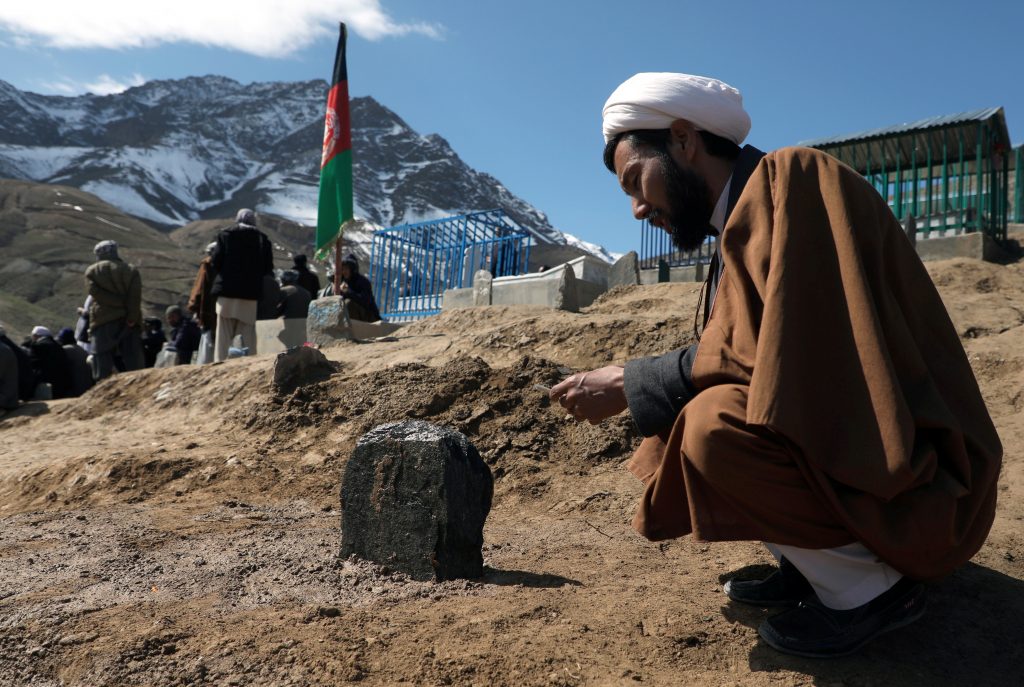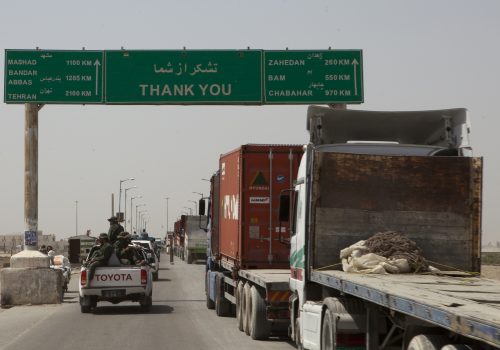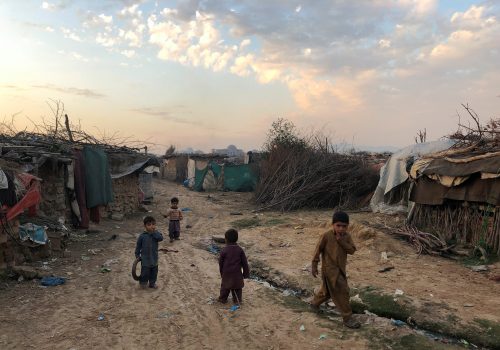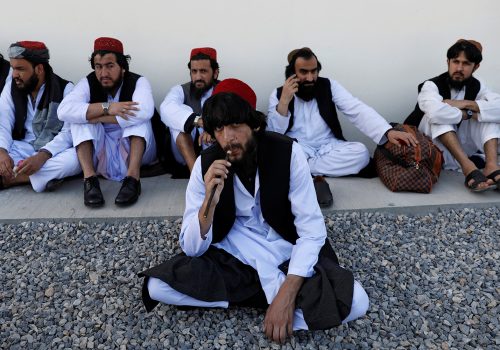As the global community continues to grapple with the coronavirus (COVID-19), the Atlantic Council is open for business. Our business, meetings, and events, however, are occurring virtually. For more information, please read an update from our President and CEO.

A recap of this event is available here.
In February 2019, the US government began negotiations with the Taliban with a focus on US withdrawal and peace. After nine rounds of talks, an agreement was signed in February 2020 central to which is a significant drawdown of US troops. In the coming weeks, the Afghan government and the Taliban are set to begin negotiations to bring Afghanistan’s deadly conflict to an end following months of increasing violence, including at a funeral in Nangarhar, a Sikh Temple, and a maternity ward in Kabul.
With over two million victims directly impacted by the ongoing conflict, what can Afghanistan learn from the Colombian peace process about navigating the tension between peace and justice? How can transitional justice be used as an approach to address widespread human rights violations? What steps must be taken to ensure that this process balances peace, human rights, and justice while including the voices of victims in Afghanistan?
Featuring
Shaharzad Akbar
Chairperson
Afghanistan Independent Human Rights Commission
Sergio Jamarillo Caro
Former High Commissioner for Peace
Republic of Colombia
Hadi Marifat
Executive Director
Afghanistan Human Rights and Democracy Organization
Moderated by
Marika Theros
Nonresident Senior Fellow
Atlantic Council’s South Asia Center
Please note that this is an online event. Directions for Zoom access will be email upon registration.

The South Asia Center is the hub for the Atlantic Council’s analysis of the political, social, geographical, and cultural diversity of the region. At the intersection of South Asia and its geopolitics, SAC cultivates dialogue to shape policy and forge ties between the region and the global community.


